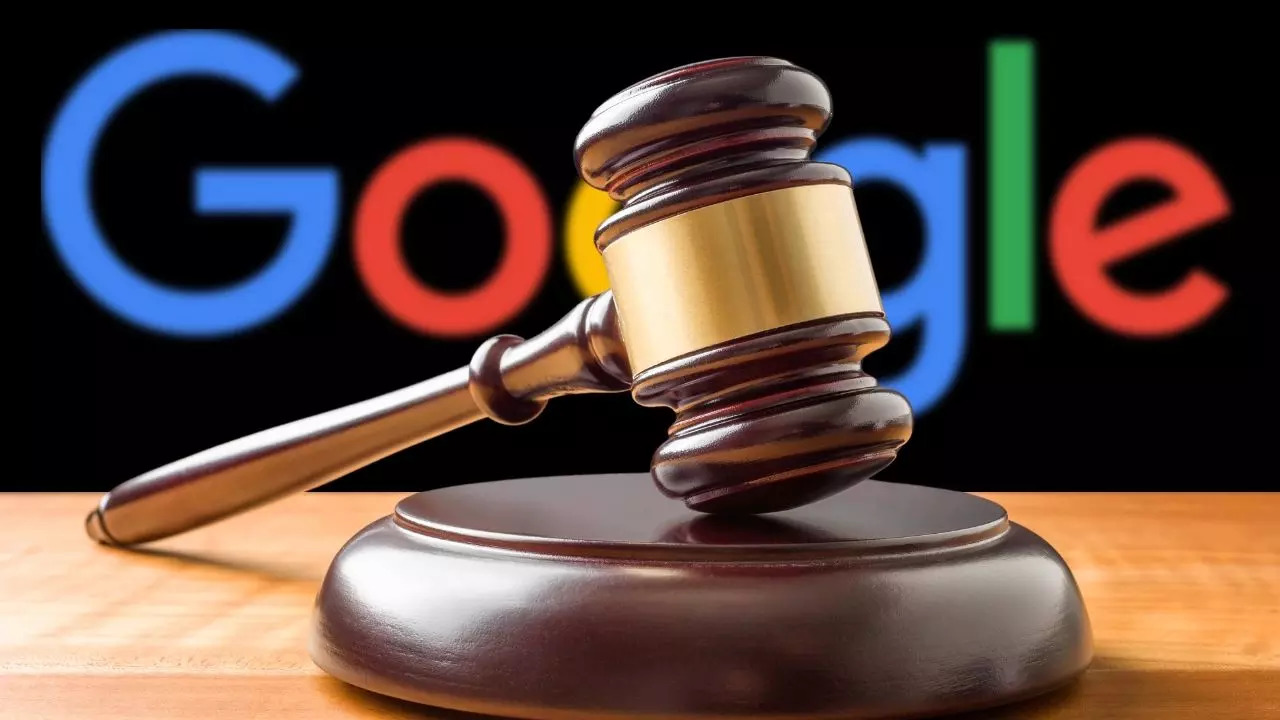The payment was hand-delivered to the Justice Department and included the full amount of damages as calculated by the Justice Department’s own experts.
Google Google recently managed to avoid a jury trial in its ongoing antitrust case by handing over a cashier’s check for $2,289,751 to the U.S. Department of Justice (DOJ). The check covers damages arising from one of the claims in the lawsuit filed against Google by the DOJ and 18 U.S. states. The lawsuit alleges that Google has a monopoly in the digital advertising market. By paying the damages, Google ensured that the case would be decided by a judge rather than a jury, a strategic move that could help expedite legal proceedings.
The payment was hand-delivered to the Justice Department and included the full amount of damages as calculated by the Justice Department’s own experts. According to Google’s legal team, this decision was made to avoid unnecessary court costs and focus on the core issues of the case. In response, U.S. District Judge Leonie Brinkema ruled in favor of Google, confirming that the payment was sufficient to cover the damages sought by the Justice Department. Judge Brinkema emphasized that the payment put the issue of damages to rest, allowing the case to proceed without the need for a jury trial.
The Justice Department had initially requested a jury trial to argue that damages should be calculated differently, but Google’s payment effectively denied that request. This allowed Google to streamline the litigation process and focus on defending itself against broader allegations of monopolistic practices in the digital advertising market. The case, which began earlier this week, is expected to last another month. The Justice Department accuses Google of using its dominance in the ad tech industry to stifle competition, crush rivals and trap customers in its ecosystem, ultimately driving up prices.
Google has denied the allegations, arguing that the Justice Department has overstated its power and that it competes fairly in the digital advertising space. If Judge Brinkema rules that Google is an illegal monopoly, the company could face significant consequences, including the possibility of a breakup. The current trial is separate from another recent antitrust case in which Judge Amit Mehta ruled that Google had illegally monopolized the search market.
A Google representative welcomed Judge Brinkema’s decision, saying, “We are pleased that the court has decided that this case will be tried by a judge.” The case represents an important moment in ongoing efforts to regulate major tech companies and address concerns about monopolistic practices in the digital economy.
Disclaimer:
The information contained in this post is for general information purposes only. We make no representations or warranties of any kind, express or implied, about the completeness, accuracy, reliability, suitability or availability with respect to the website or the information, products, services, or related graphics contained on the post for any purpose.
We respect the intellectual property rights of content creators. If you are the owner of any material featured on our website and have concerns about its use, please contact us. We are committed to addressing any copyright issues promptly and will remove any material within 2 days of receiving a request from the rightful owner.

